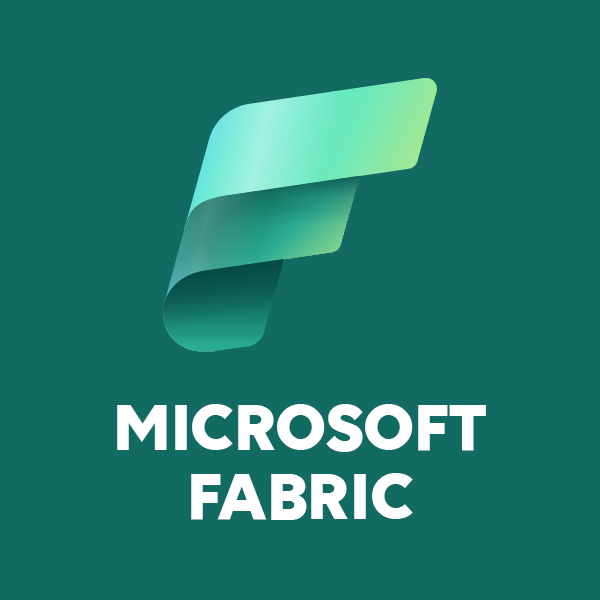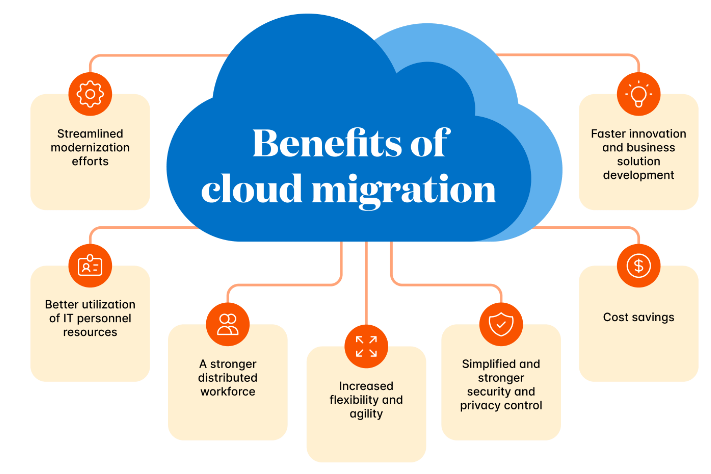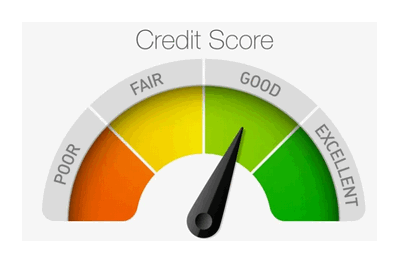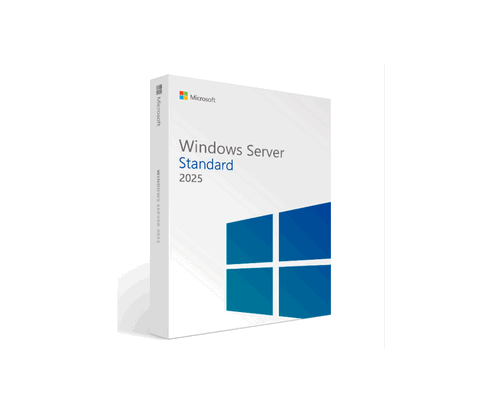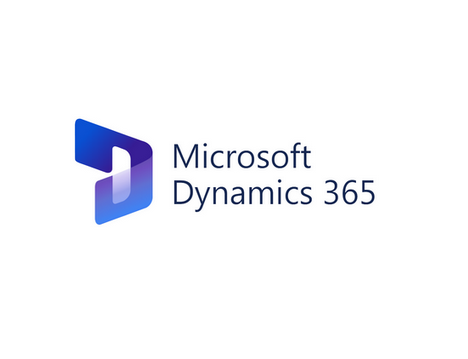What is Microsoft Fabric?
Microsoft Fabric is an all-in-one analytics solution for enterprises that covers everything from data movement to data science, Real-Time Analytics, and business intelligence all inside a Single SAAS Application.
Microsoft Fabric is available in indonesia and at Xquisite we are supporting this solutions for all our client in indonesia, specifically jakarta in our head office.
Study Case
PT ABC Is Electronic manufacturing company grew up to 500 employee and consist of many departments, one of those department is Data Dept which consist of 50 Employee and they responsible in managing data in the company and here is the departement
- Manufacturing
- IT
- Sales
- Data Eng Team
- Data Science Team
- Customer Success Team
- Finance
- Operation & Maintenance
PT ABC Consist of many Departement that Store, Manage, Analyze Data using many different tools

Imagine, this is only a single work from single department, every departement have their own workflow and many task that is repeated, retrieving data, copying data, building pipeline, build model, write into data lake container and then report it in power BI.
- This can cause many problems
- Pain to setup and pain to maintain
- The Data For This 1 Work Flow is Scattered across 4 Location
- Data is Stored in 4 Different Proprietary Format and its cannot be accessed using another Tools
And this happen in all department, so the complexity is enormous. to maintain this workflow is a full time job in it self.
Chief Data Officer :
“The Architecture Has Grown Organically and there are data silos all over the place. I’m Chief Data Officer, I don’t want to be Chief Integration Officer”
Data Engineering lead :
“We’re maintaining Hundreds of Pipelines, copying data between lots of different data stores for different departments, and its messy”

Data copied many times across all different System and Products
This can results in confusion upon maintenance and data quality become poor.
Power BI developer also do not know which dataset to connect to and if the data up-to date or not?
Data Engineering Problem :
We are maintaining hundreds of pipelines, copying data between lots of different data stores for different department, and its messy.. The pipeline is failing regularly and it impossible to maintain

Data formats is many and different in every system
Data Scientist Problem :
“we have scattered data in so many places in different formats, I need days just to clean the data before doing the analysis, but I still can’t trust the data”

User experience is also terrible, because every tools and system is different
Data Scientist :
“We have to learn many tools of different data technology, because each department and teams using different tools and technology, for new employee it took them 3 month to learn all the technology to be able to work”

Access, security Governance and monitoring of data is difficult or almost impossible
Access control, security, Governance and Monitoring is difficult, because the data is all over the place and in different formats and policy is different for every products.
Billing and Licensing is also unpredictable, causing fear and worries toward finance department.
so with all of this problems in hand, what is the solutions?
one thing you should know, Microsoft Fabric is different.
How Microsoft Fabric is Different?

Microsoft Fabric has been completely built from the ground up to address all of the problem that we saw on previous slides
In Microsoft Fabric all of the Data will be stored in One Lake, and the data will be in one Open format, Called Delta Parquet.
Shortcuts in Microsoft Fabric enable zero-copy referencing of data across OneLake and clouds. With Shortcuts, you can get rid of your pipelines that are used to copy data into your storage account – instead, the data that’s required for your Fabric operations is just retrieved as and when needed.

The Learning curve will be very low, access control, security and Governance also will be in the same application
Billing and License is all in one, you don’t need to worry about unpredictable billing
All of this feature will be available in a single Application, called Microsoft Fabric. It will cover all data analytic end to end work flow that a company
Microsoft Fabric Experience

5 Microsoft Fabric Use Cases
1. Data Warehousing
Data Warehousing involves storing, managing, analyzing large volumes of structured data to extract valuable insights
Microsoft Fabric Enhances this function with its Synapse-Powered Data Warehousing. Synapse, a part of the Microsoft Azure family, is an analytics service that allows business to run complex queries on their data.
With fabrics integrations of Synapse, business can manage and analyze their warehouse data.
2. Data Integration
Data integration is the merger of data from disparate sources to extract meaningful and valuable information thereby offering a holistic view of company’s data.
Microsoft Fabric’s Data Factory enable data integration by combining the capabilities of Power Query and Azure Data Factory
Power Query helps in cleaning and organizing data prior to analysis, while Azure Data Factory acts as traffic controller – Managing and directing data flow from diverse sources to designated destination.
As Such, data practitioners can explore a wide range of data sources and use data for decision-making.
Data Factory Also offers scalable cloud-based services for data movement and transformation to address data factory and ETL (Extract, Transform, Load) Scenarios
How Hitachi and Delphix solve their data integration needs with Microsoft Fabric
Hitachi Solutions could integrate their data sources seamlessly using Data Factory in Fabric. As Simon Nuss, Data VP at Hitachi Solutions, puts it:
“With Microsoft Fabric, there is no need to stitch together different products to form a Frankenstein monster.”
Another example is Delphix
which has partnered with Microsoft to solve their diverse data integration needs. According to Jedidiah Yueh, Delphix Founder, and CEO:
“In collaborating with Microsoft to bring our multi-cloud data masking solution to Microsoft Fabric, Delphix is proud to deliver a comprehensive way to de-risk the cloud while accelerating the path from data to transformation.”
3. Data Science and Machine Learning
The data science experience provided by Fabric comprises several features that are built natively for collaboration, data acquisition, sharing, and consumption.
Fabric supports data scientists throughout their project lifecycle from data acquisition and cleansing to model training and scoring.
It enables data scientists and data-driven organizations to ingest data from various sources, clean and transform data using Apache Spark, train machine learning models, and visualize predictions using Power BI.
How T-Mobile uses Microsoft Fabric to generate insights
T-Mobile, a major wireless communications services provider in the United States, uses Fabric to query across the lakehouse and warehouse from a single engine. This ability allowed the company to save three minutes on every job.
As Geoffrey Freeman, MTS (Data Solutions and Analytics) at T-Mobile, highlighted:
”We think that Fabric’s upcoming abilities will help us eliminate data silos, making it easier for us to unlock new insights into how we show our customers even more love.”
4. Real-time analytics
Real-time analytics is the use of data and related resources to analyze and draw insights from data as it enters a system.
One of Microsoft Fabric’s key offerings, Synapse Real-Time Analytics, is used for collecting data from streaming sources. With Fabric’s architecture, data from various sources can be pulled into a central repository, OneLake, facilitating immediate analysis and insights.
In the future, Fabric will also be equipped with Azure OpenAI Service (i.e., a platform provided by Microsoft that allows developers to use advanced AI capabilities), and GPT-powered Copilot.
5. Predictive Analytics
Predictive analytics enables businesses to forecast future trends and behaviors. Microsoft Fabric brings this predictive capability to businesses with Azure Synapse Analytics, allowing them to proactively anticipate and prepare for upcoming trends and events.
How Kepro uses Text Analytics to extract insights
Kepro, a healthcare consulting firm, uses Text Analytics from Azure Cognitive Services for efficient and accurate extraction of essential information from large case histories.
Microsoft Fabric can enhance this process through its unified data lake, OneLake, and associated services like Azure Synapse Analytics, Azure Databricks, and Power BI. This will streamline healthcare data management, reduce data duplication, and lower storage costs.
